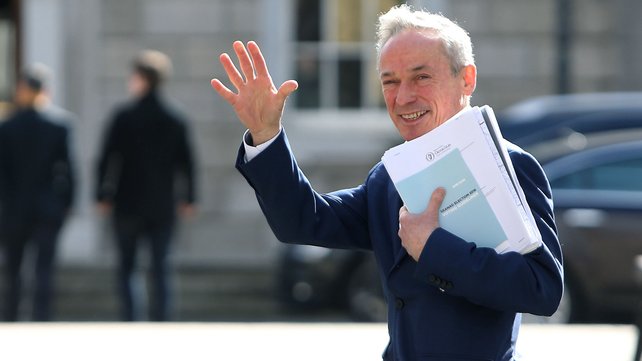An international report, which compares fourth-class primary school children and second-year post-primary students in the areas of maths and science, has found that there is “room to improve” among Irish students in the areas of science and maths teaching.
The 2015 report – Timss (Trends in International Mathematics and Science Study) – has been completed every four years since 1995 across 49 countries. Ireland has only taken part in the survey twice – both primary and post-primary students were examined in 1995, while only primary school children were examined in 2011.
At primary, fourth-class level, Ireland ranked 9th in maths, up from 17th in 2011, which was out of 50 countries, and in science we only moved up three places from 22nd to 19th. For post-primary level Ireland was ranked 9th in maths and 10th in science.
The Educational Research Centre (ERC) of Ireland wrote a report in response to the findings of the survey called “Timss 2015 in Ireland: Mathematics and science in primary and post-primary schools”.
One of the authors for this report, Dr Aidan Clerkin, a research associate with the ERC, commented on the findings of Timss saying, in a press release, that the improvements were “encouraging”, but went on to say that there is “room to improve among higher-achieving students, who appear to be underperforming in Ireland relative to their counterparts in some other countries”.
In a press release, Minister for Education and Skills, Richard Bruton commented on the findings of the report: “The results from Timss 2015 point us to areas that we need to focus on, including how we can stretch the performance of higher-achieving students and how we can better develop students’ cognitive skills and knowledge of content areas such as geometry and physics.”
The International Association for the Evaluation of Educational Achievement (IEA) chose the reference point for scoring maths and science skills to be 500 so that individual countries could track their progress and improvement. Ireland scored 547 and 523 in maths for primary level and post-primary level respectively. Singapore scored the highest score for maths at primary level, at 618, as well as at post-primary level, at 621.
In science, Ireland’s average achievement at primary and post-primary were 539 and 530 respectively. However, for both subjects and both levels, they are significantly above the centre point of 500. Singapore again scored the highest at both levels for science with 590 for primary and 597 at post-primary.
The report outlined Ireland’s areas of strength and weakness. For fourth-class, the weakest areas were geometric shapes and measures in maths and physical science in science. At second level, algebra and geometry were the weakest areas for maths, with chemistry and physics being the weakest areas for science. The strongest subjects were number, data and chance, earth science and biology.
Commenting on the report generally, Bruton said that “the report published today is an important measure of the progress that we are making along that road. While there has been some progress, it is clear that we have a long way to go if we are to achieve our ambition of being the best in Europe”.
The report comes after the government announced their Action Plan for Education in September, which will see coding and computer science being introduced throughout the school curriculum, and the implementation of a new funding model by June 2017.
“That is why we have published and started implementing an Action Plan aimed at making Ireland the best education service in Europe”, added Bruton.







